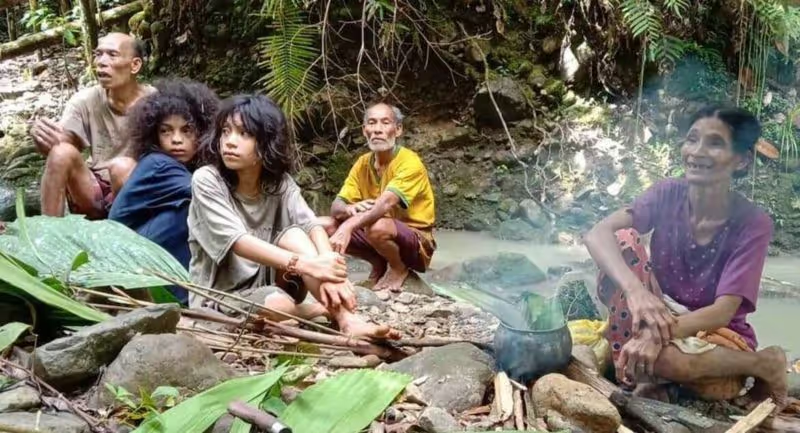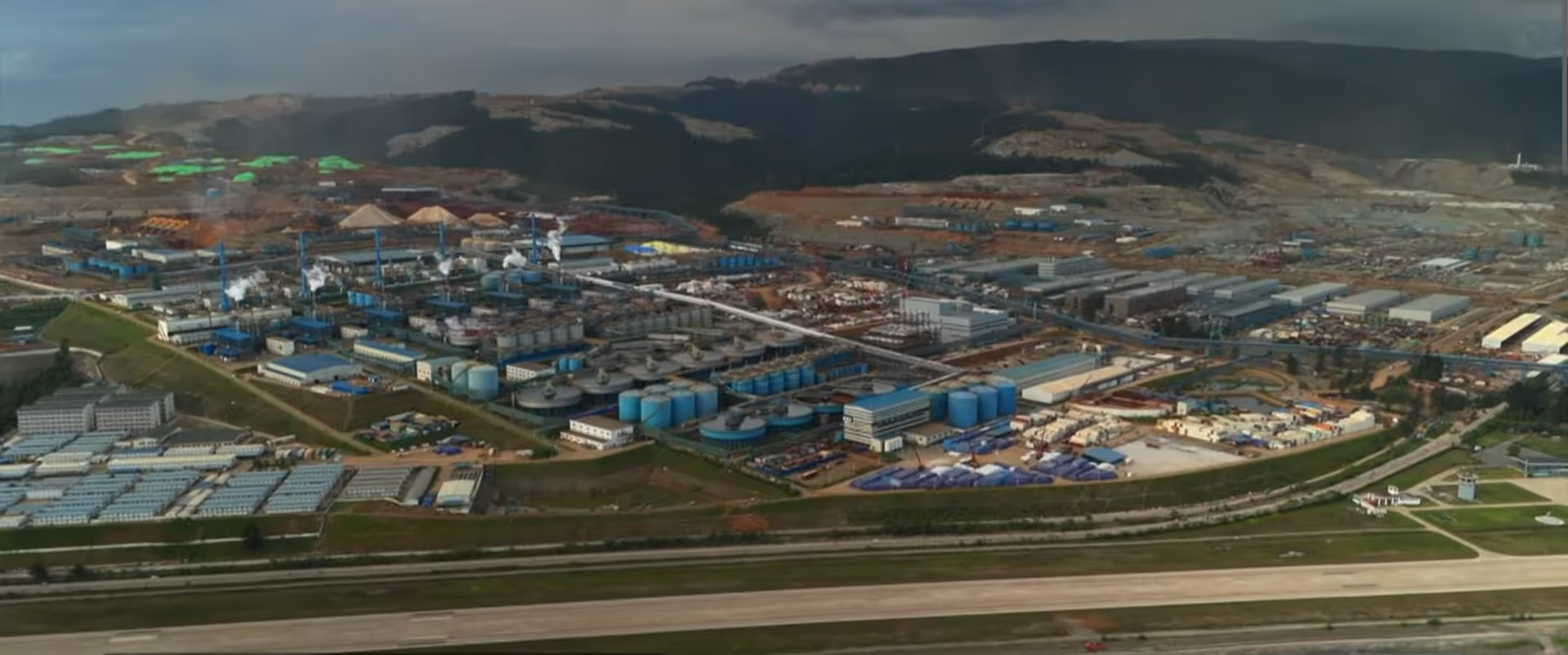
On the Indonesian island of Halmahera, one of the last hunter-gatherer tribes in Indonesia is threatened with extinction by the world’s largest nickel mine. This mineral is essential not only for the electric vehicle industry but also for the entire industrial system.
Who are the Hongana Manyawa?
Deep within the primary forests of Halmahera Island, part of Indonesia’s Maluku archipelago, live approximately 500 members of the indigenous Hongana Manyawa people. They remain largely isolated from the outside world, with only occasional contact with the 2,500 to 3,000 tribe members who have settled in nearby villages.
For the Hongana Manyawa, the forest is far more than just a source of food and shelter - it holds profound social and spiritual significance. Their rituals surrounding birth and death are deeply connected to the forest. In their hunting practices, they never target young animals or pregnant females, and they avoid cutting down trees, which they believe are sentient beings with souls.
This nomadic hunter-gatherer community has lived in harmony with their environment for thousands of years, moving between small camps made from branches and leaves to allow the forest to naturally regenerate.

Industrialism feeds on ecocide, ethnocide, and genocide.
Unfortunately for this people, the presence of nickel beneath the surface of Halmahera Island has sparked the interest of French and Chinese industries. They aim to create the world’s largest nickel mine - a project that will require clearing 6,000 hectares of forest. Industrial society is fundamentally incompatible with freedom.
The French company ERAMET has obtained a 4,500-hectare concession, three-quarters of which lie on Hongana Manyawa territory. This land grab severely threatens the survival of a people who have demonstrated ecological sustainability over the long term. First, the mining project will destroy the tribe’s food sources - fish and wild pigs they depend on have already disappeared. A few months ago, videos surfaced showing tribe members begging miners for food due to hunger. Moreover, increased contact with the 30,000 mine workers risks introducing diseases to which the Hongana have no immunity. Since mining began in 2019, there has been a rise in respiratory illnesses and HIV cases - another so-called “benefit” of ‘progress.’
Furthermore, the influx of Chinese and Indonesian workers will inevitably lead, in the medium term, to the loss of the Hongana Manyawa language and culture.
Thus, the techno-solution marketed to Westerners as a fight against climate change involves intensive deforestation (reducing the carbon sink), irreversible damage to biodiversity, the destruction of a people’s culture, and likely, their eventual disappearance.
On the ground, some contacted and settled Hongana Manyawa groups are working with NGOs like Survival International to protect their land, forest, and culture. But the fight seems doomed from the start. Let us repeat: employing a war of attrition strategy is futile in an asymmetrical conflict. It is rare to stop a major industrial project, and even if activists succeed, thousands of others proceed unchecked. The anti-nickel campaign by associations and NGOs defending the Hongana Manyawa is all the more doomed because it links nickel solely to the battery industry, when in reality, this sector is far from being its largest consumer.

Nickel: A Crucial Metal for the Industrial System
Nickel is unique in its ability to alloy with a wide range of metals, creating materials with exceptional properties such as enhanced mechanical strength and electrical conductivity. It is essential across nearly every industry—from automotive and aerospace to household appliances and agribusiness.
Although the “energy transition” narrative is often used to justify the rapid expansion of nickel mining for battery production, the metal’s primary use remains in alloy manufacturing. In fact, stainless steel production alone accounted for nearly two-thirds of global nickel consumption in 2022.
This means that, regardless of the demand for batteries, the Hongana Manyawa people and their ancestral lands are destined to be sacrificed in the name of industrial development—and battery production is far from slowing down.
Just recently, the Indonesian president inaugurated a $5.9 billion industrial complex on Halmahera Island dedicated to manufacturing electric vehicle batteries. Extractivism is accelerating, not slowing.
More than ever, we must stop appealing to exploiters or believing in the possibility of reforming the industrial system. To truly protect the remaining indigenous peoples and the cultural diversity threatened by industrial predation, we must confront and dismantle the technological system itself.





